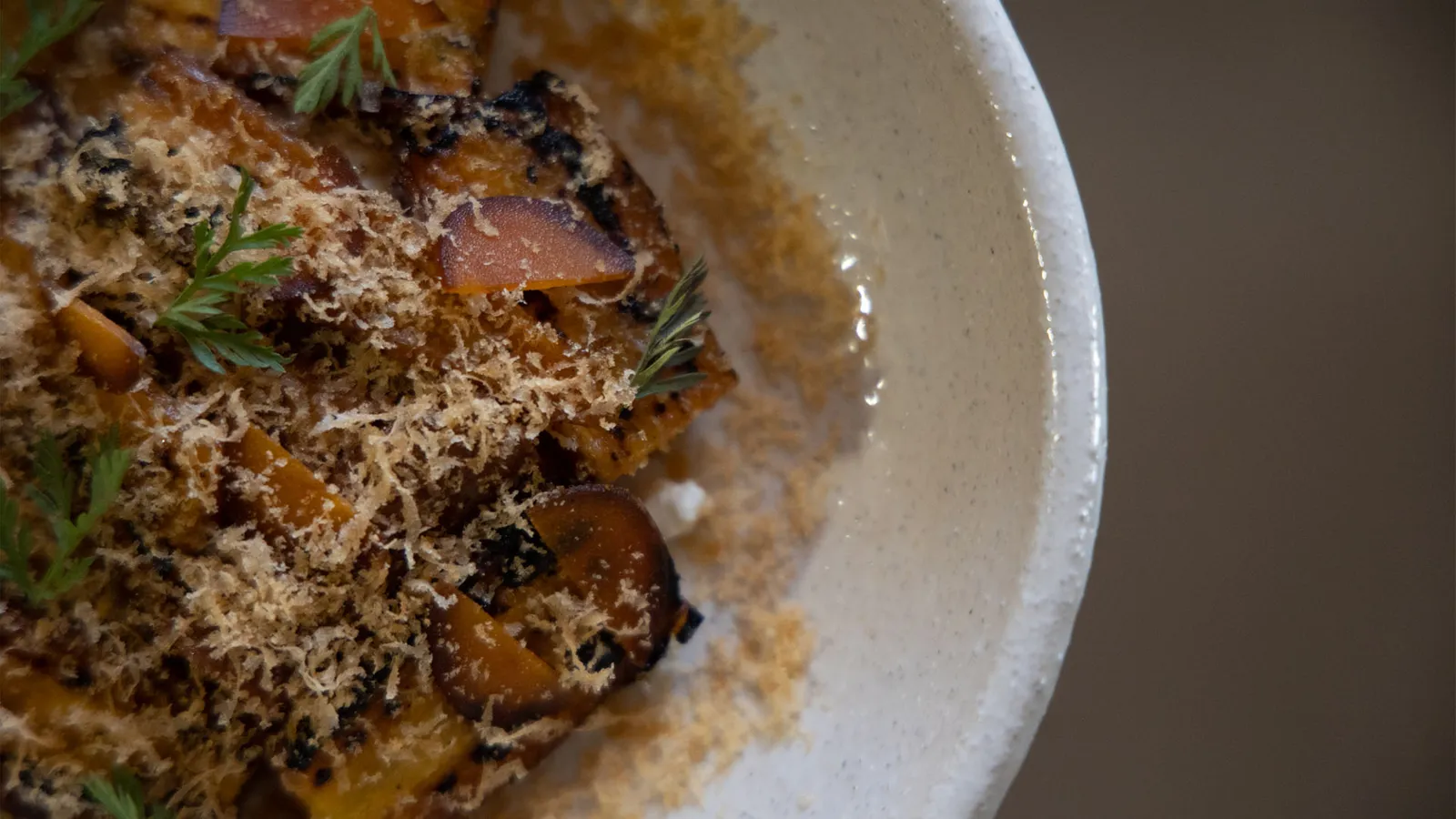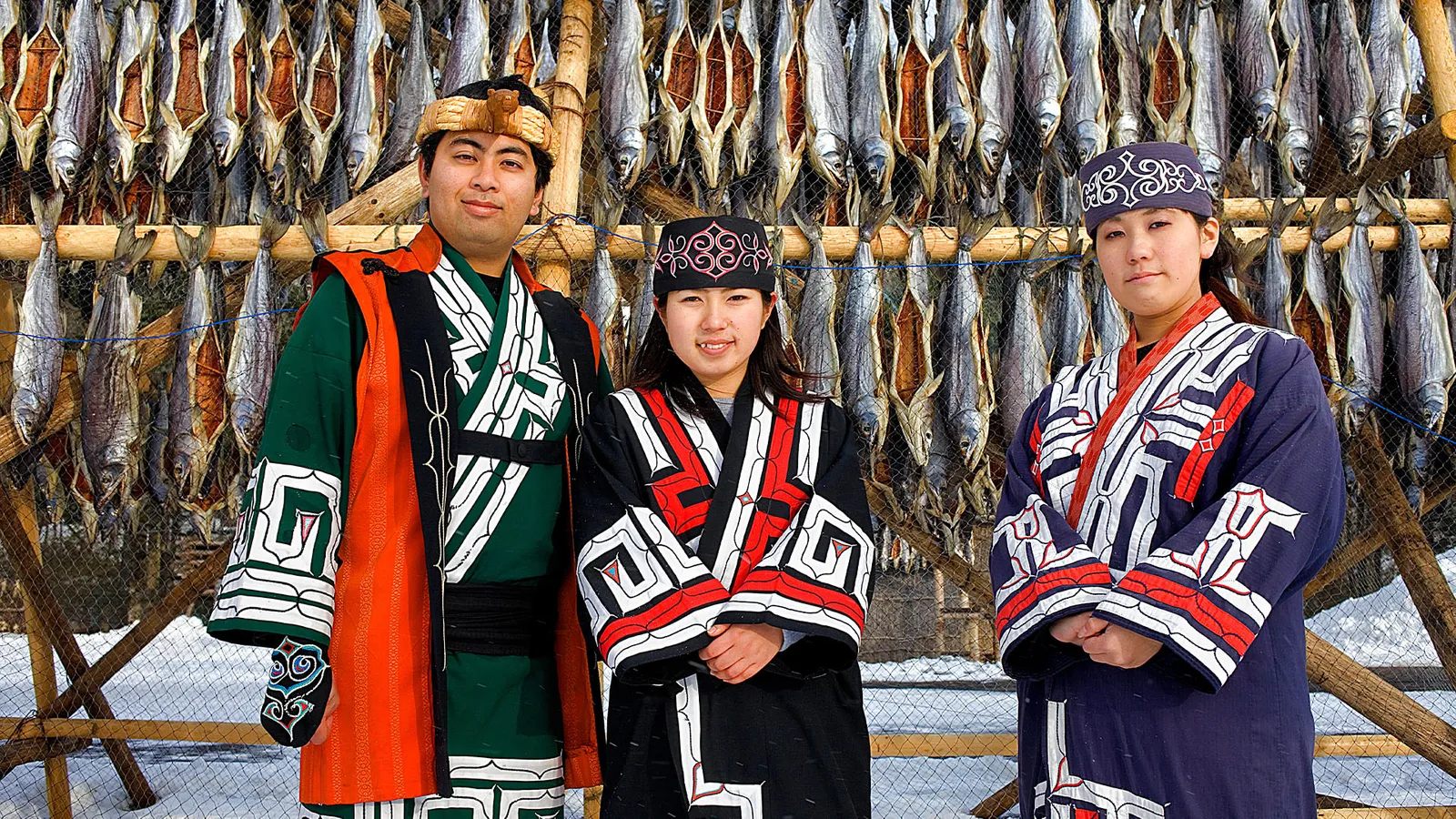Ban disposable vapes to protect children - doctors
醫生建議禁止一次性電子煙以保護兒童
Health
Children's doctors are calling for a complete ban on disposable vapes because they may damage young people's lungs and are bad for the environment. But an anti-smoking campaign group says a ban would make it harder for some adults to give up smoking and increase the trade in illegal vapes. UK governments are planning steps to reduce vaping among under-18s. These are likely to include tighter rules on how vaping products are marketed and promoted. Prime Minister Rishi Sunak recently said it was "ridiculous" that vapes were designed and promoted to appeal to children when they were supposed to be used by adults giving up smoking.
--from BBC Health
兒童醫生呼籲全面禁止一次性電子菸,因為這(產品)可能會損害年輕人的肺部,並帶來環境污染。但一個反對抽菸運動的組織表示,該禁令將使某些成年人更加難戒菸,並增加非法電子菸交易。英國政府計劃採取一些初步措施以減少未滿18歲人士使用電子菸。這些措施可能包括對電子菸產品的市場宣傳和促銷活動實行更嚴格的規範。英國首相Rishi Sunak近期指出,以吸引兒童的方式設計並宣傳電子菸的行為是“荒謬的”,因為電子煙理應是成年人的戒菸工具。
--摘錄翻譯自BBC Health
Dentist warns of common mistake people make brushing teeth
牙醫警告人們刷牙時常犯的錯誤
Health
A dentist has issued a warning to Britons about one common mistake that could impact a person’s oral health. The debate about whether to wet your toothbrush before applying your toothpaste or leaving it dry is one that divides many, but according to Dr Sahil Patel of Marleybone Smile Clinic in London, it is not recommended because it “dilutes” the toothpaste. “Toothpaste already has the right amount of moisture,” Dr Patel said. “If it’s wet, it makes it foam up faster and makes you spit it out sooner.”
--from Independent
有位牙科醫師向英國民眾發出了警告,提到一項可能影響口腔健康的常見錯誤。打濕牙刷後再塗抹牙膏;或是保持牙刷乾燥的辯論一直存在,但倫敦Marleybone Smile診所的Sahil Patel牙醫表示,並不推薦打濕牙刷的做法,因為這樣會稀釋牙膏。「牙膏已經含有適量的水分,」Patel牙醫說。「如果牙刷被弄濕了,它會更快起泡,讓你更早吐出來。」
--摘錄翻譯自 Independent
The five best places to eat Catalan food in Barcelona
巴塞隆納5個最佳的加泰隆尼亞美食餐廳
Culture
The proud capital of Catalonia, Barcelona not only has its own independent-minded identity and language, but also boasts its own unique cuisine. Located in Spain's north-east corner, the triangular-shaped autonomous community has long drawn influences from its borders: the Mediterranean to the east, the Pyrenees mountains and France to the north, and the rest of Spain to the west. "In the Iberian Peninsula, three main ways of preparing food predominate. The south cuisine relies mostly on frying the ingredients, the north cuisine revolves around stewing and the regions in the centre of Spain tend to roast meat,” said Marc Casanovas, a Barcelona-based food journalist. “In Catalonia, a highly industrial region, slowly stewing xup-xup, referring to the noise of slow-cooked recipes, is key."
-- from BBC Travel
作為加泰隆尼亞引以為傲的首都,巴塞隆納不僅擁有獨立的身份和語言,更擁有自己獨特的美食。這個三角形的自治區位於西班牙的東北角,長期以來一直受到其毗鄰地區的影響:東邊是地中海、北邊是庇里牛斯山與法國、西邊是西班牙的其他地區。「在伊比利半島上,有三種主要的烹飪方式。南方的美食主要依靠油炸、北方的美食以燉煮為主,而西班牙中部地區則是烤肉居多」巴塞隆納的美食記者Marc Casanovas 說道。「在加泰隆尼亞,一個高度工業化的地區,慢慢燉煮 xup-xup,指的是慢煮食譜的噪音,是關鍵。」
--摘錄翻譯自 BBC Travel
Despite enduring 150 years of oppression, the Indigenous Ainu people still retain a strong sense of appreciation for the world
儘管忍受了 150 年的壓迫,原住民阿伊努人仍然對世界保持著強烈的感激之情
Culture
The Ainu people are the earliest inhabitants of Hokkaido and thrived here for centuries before the Japanese arrived. The exact origins of the Ainu are unknown; as a culture they didn't write anything down and their history is shared through song, but their presence across the islands was recorded by neighbouring kingdoms in medieval times. "Because Ainu have the perspective that god is everywhere, they appreciate everything. Humans are part of nature, not above or below,” explained Dr. Kinko Ito, professor of sociology at the University of Arkansas, Little Rock, who has been interviewing Ainu elders for more than 10 years and making documentaries from her footage. “Ainu people have a symbiotic coexistence with the natural world. They never exploit it. They lead a more ecological life than us."
-- from BBC Travel
阿伊努人是北海道最早的居民,在大和民族到來之前就已經在此了生活了幾個世紀。阿伊努人的確切起源不明;作為一個民族,他們並沒有用文字記錄下任何東西,且他們的歷史是透過歌謠傳唱給後代。但是他們在島嶼上的存於中世紀時有被鄰近的王國記錄下來。因為阿伊努人認為神無處不在,所以他們對一切都懷抱感恩。「人類是自然的一部分,而不是高於或低於自然」阿肯色大學小石城分校的社會學教授 Dr. Kinko Ito解釋道。Dr. Ito已持續採訪阿伊努人的長者超過 10 年,並根據她錄製的內容製作了多部紀錄片。「阿伊努人與自然界共生共存。他們從不濫用它。他們過著比我們更環保的生活。」
--摘錄翻譯自 BBC Travel
Mussel poop may help clear oceans of microplastics
貽貝糞便可能有助於清潔海洋中的塑膠微粒
Sciences
One of the most widespread pollutants in the ocean is also one of the hardest to see. Trillions of tiny particles of plastic—known as microplastics—can clog the intestines of fish, destroy the tissues of marine creatures, and cause entire populations to decline. Their small size also makes them almost impossible to clean up. Now, scientists have discovered a marine organism that’s not just invulnerable to microplastics, it may have a way to eliminate them—literally. The blue mussel (Mytilus edulis)—a voracious, filter-feeding mollusk with a blue-black shell—ingests microplastics and other pollutants alongside its typical fare, sequestering the contaminants in feces that are much easier to remove from the water than are the plastics themselves. The mussels filtered about 240 microplastic particles per day, the team reports in the Journal of Hazardous Materials.
--from Science news
海洋中最普遍的污染物之一、也是肉眼最難看見的污染物之一,便是數以萬億計的微小塑料顆粒—稱為微塑料—會阻塞魚類的腸道、破壞海洋生物的組織,並導致整個種群數量下降。它們的體積小也使得它們幾乎無法被清理。現在,科學家們發現了一種海洋生物,牠不僅不受微塑料傷害,而且可能有辦法確實地消除它們--從字面上看。藍貽貝(Mytilus edulis)是一種具藍黑色外殼、食量驚人的濾食性軟體動物;除了典型的食物外,還會攝入微塑料和其他污染物,將污染物黏合於比塑料本身更容易自水中清除的糞便中。研究小組在Journal of Hazardous Materials中報告說:貽貝每天過濾大約240個微塑料顆粒。
--摘錄翻譯自 Science news
Hundreds of new primate genomes offer window into human health—and our past
數百個新的靈長類動物基因組為人類健康及我們的過去開啟了一扇窗
Sciences
The genomes and their analyses, reported on June 1st in Science and Science Advances, represent a massive effort involving more than 100 researchers from about 20 countries who braved logistical challenges and bureaucratic gauntlets to collect blood samples from some 800 wild and captive primates. The resulting data show how knowing a primate’s genetic diversity could improve the odds of saving highly endangered species. By sequencing the genomes of more than 200 nonhuman primates, from palm-size mouse lemurs to 200-kilogram gorillas, two international teams have come up with clues to human health and disease, and to the origin of our species.
--from Science News
《科學》和《科學進展》期刊在6月1日報導的基因組及其分析展示了一項動員了來自大約20個國家的100多名研究人員的龐大努力,他們冒著後勤挑戰與官僚體制挑戰的風險,從大約800隻野生和豢養的靈長類動物身上收集了血液樣本。根據產出的數據去了解靈長類動物的遺傳多樣性以提高拯救高度瀕危物種的機率。兩支國際團隊透過對 200多種非人類靈長類動物(從手掌大小的鼠狐猴到200公斤重的猩猩)的基因組定序,已找到了有關人類健康與疾病、以及我們物種起源的線索。
--摘錄翻譯自 Science News
